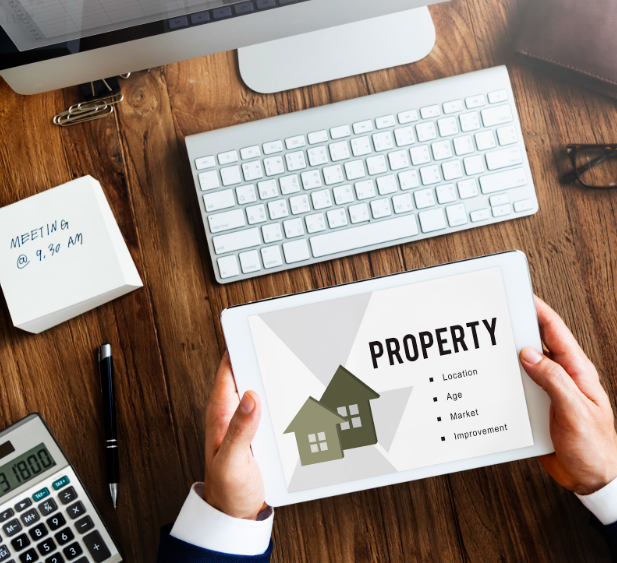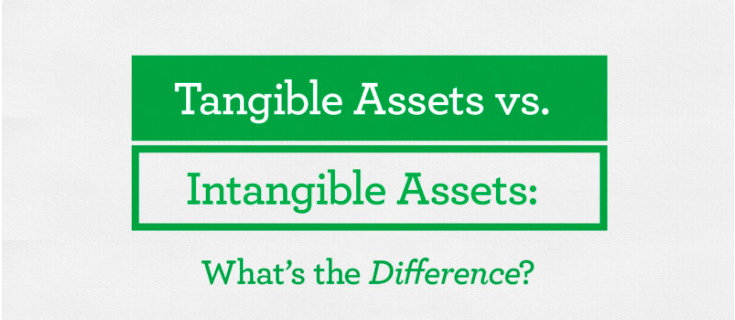
Myth: Renovating Always Increases Property Value
Fact: Not All Renovations Guarantee a Higher Valuation
It’s a common belief that any renovation—big or small—will automatically raise the value of a property. While strategic improvements can enhance value, not all renovations are profitable, and some may even reduce appeal or offer little return on investment.
1. Over-Personalized Renovations May Backfire
Renovations that reflect personal taste—like bold paint colors, luxury finishes, or custom features—might not appeal to the average buyer or tenant, limiting the market and affecting resale or rental value.
2. Structural Issues Still Matter
Cosmetic upgrades (like tiling or countertops) won’t hide deeper issues like plumbing, electrical, or foundation problems. Valuers look beyond appearances and assess the integrity of the property as a whole.
3. Overcapitalization Can Hurt You
Spending more on renovations than what the property is worth in the market is known as overcapitalization. For example, installing a jacuzzi in a modest apartment complex may not attract buyers willing to pay extra for it.
4. Market Trends and Location Influence ROI
The effectiveness of a renovation often depends on local market expectations. An improvement in one neighborhood may increase value, while the same upgrade might do little in another area where property prices are stagnant.
5. Some Upgrades Offer Better Returns Than Others
Not all renovations are created equal. Kitchens, bathrooms, and curb appeal upgrades tend to offer better value than niche features or luxury add-ons. Valuers pay attention to these details when assessing value impact.
Conclusion
Renovating can increase property value—but only when done thoughtfully. Understanding the market, avoiding over-personalization, and prioritizing essential upgrades are key. Before spending, consult with a real estate professional or valuer to ensure your renovations are aligned with long-term value goals.

 May 26, 2025
May 26, 2025



